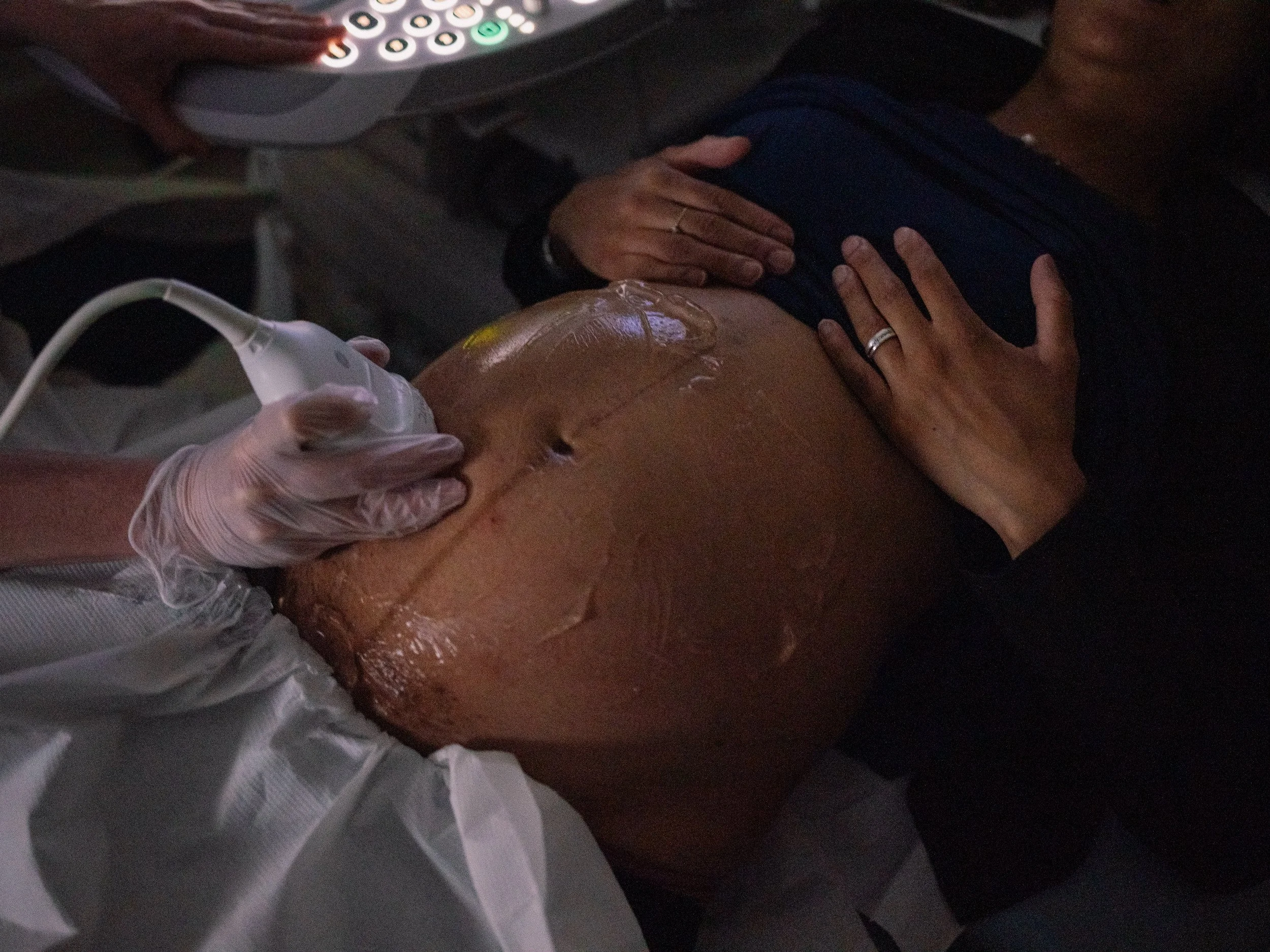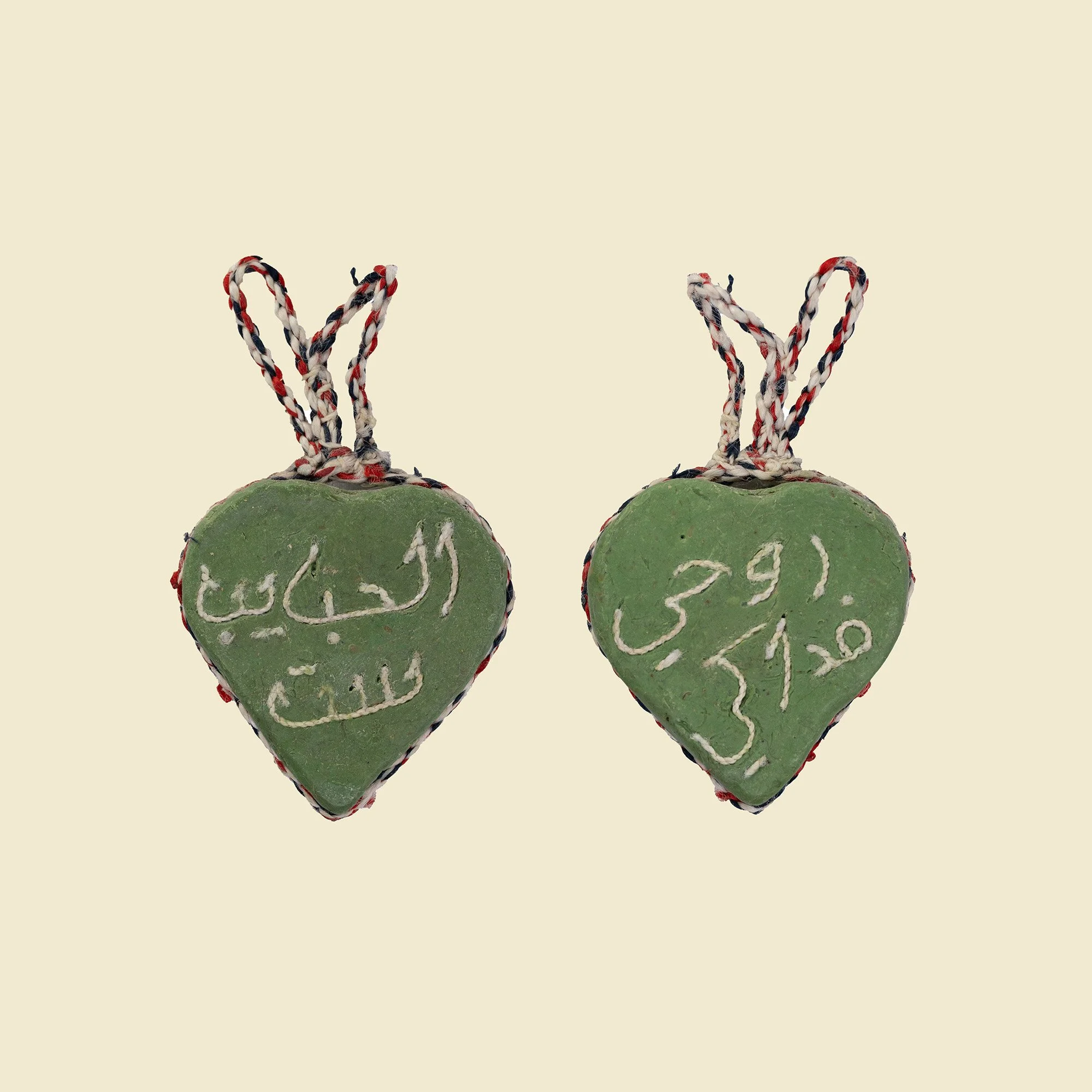“One Fewer Burden”
The choice to become a mother alone.
JUNE 3, 2025
I wanted to explore the daily lives of people who raise their children alone, in part because of my own upbringing. My parents divorced when I was nine, and they shared custody of me and my brother. I soon became an intermediary of sorts, listening to grievances from both sides, and developed a fascination for family relationships. I became curious about people who raise their children alone; who takes care of them? As part of this project, four families allowed me to stay with them for extended periods of time and witness their routines. Their stories offer a window into the daily lives and challenges of single parents.
For Lucie, 38, the subject of this photo essay, the path to motherhood was difficult. When she was 25, she learned that she couldn’t become pregnant by natural methods because of her endometriosis. She first thought about pursuing adoption but was discouraged by the slow process. She started to mourn the idea that she would ever be a mother. Later, she considered undergoing in vitro fertilization (IVF) with successive partners but never went through with it. Finally, in 2023, she decided to go it alone.
Two years earlier, in 2021, France had passed a law making artificial insemination and IVF free of charge for all women, including for lesbian couples and for single women. Lucie heard testimonies from women who were having babies on their own, and it started to seem like something she could do as well.
Still, for single women, who make up the majority of applicants but are not considered priority patients, the wait can be long. Faced with waiting times of several months in France, Lucie turned to a clinic in Spain, where she underwent an IVF procedure with donated sperm. She became pregnant on the first attempt. Her son Lucas was born on May 31, 2024.
As I followed Lucie, I became aware of the complexity of navigating this journey alone. She found a way to separate maternity from romantic love and create a family outside of traditional social structures.
“I realized that, with my endometriosis, undergoing IVF treatment was less painful than physical intimacy. I almost felt betrayed by life. I’ve accepted painful relationships, I’ve been accommodating, I did everything I could to be the perfect partner. And in the end, the only way I could have a baby was with a medical team.”
“I know that I would never have left the father of my child. He could have hit me, he could have made life unbearable. I would have complied, for the simple reason that I would want to guarantee my child a life with a mom and dad. I think I would have accepted everything — and only if it affected my child would I have reacted.”
“I realize now that I wasn’t honest in my romantic relationships. I wasn’t honest with myself. My only goal was to have a child, and men were a means to an end. What I was looking for, in the end, was a father. Perhaps even more than a father, what I wanted was just sperm.”
“Everything I went through: the daily injections, the mood swings, the symptoms, my endometriosis flaring up, the nights when you can’t sleep because you’re in so much pain, when your body gives out on you. After all that, I’m really proud to have this little one in my belly.”
“Demand among women for artificial insemination is exploding. I think men should be worried. It touches on how they behave with women, how they think about their role as fathers and how they see women. Medical technology advances mean that besides women who meet certain health and age requirements, others can now choose to have a child on their own. And they’re often better off because, in the end, it [the lack of men] is one fewer burden.”
“It’s wonderful to feel him grow, to feel that he’s taking up space.”
“I can’t wait to give birth. It’s the unknown. How am I going to feel? It’s not like a date where you say to yourself, maybe I won’t like him, maybe I’ll have nothing to say to him. In this case, it’s obviously going to be a major upheaval.”
“My pregnancy has changed my views on romantic relationships. I feel more comfortable with myself, I know what I want. I think a child prefers a happy mother to an unhappy mother in an unstable home. You can offer them stability even if you’re on your own.”
“The women I’ve had in my life have all been single. My mother and all my aunts lost their husbands and remained widows. They managed on their own. Maybe that’s why, for me, it wasn’t that hard to imagine.”














